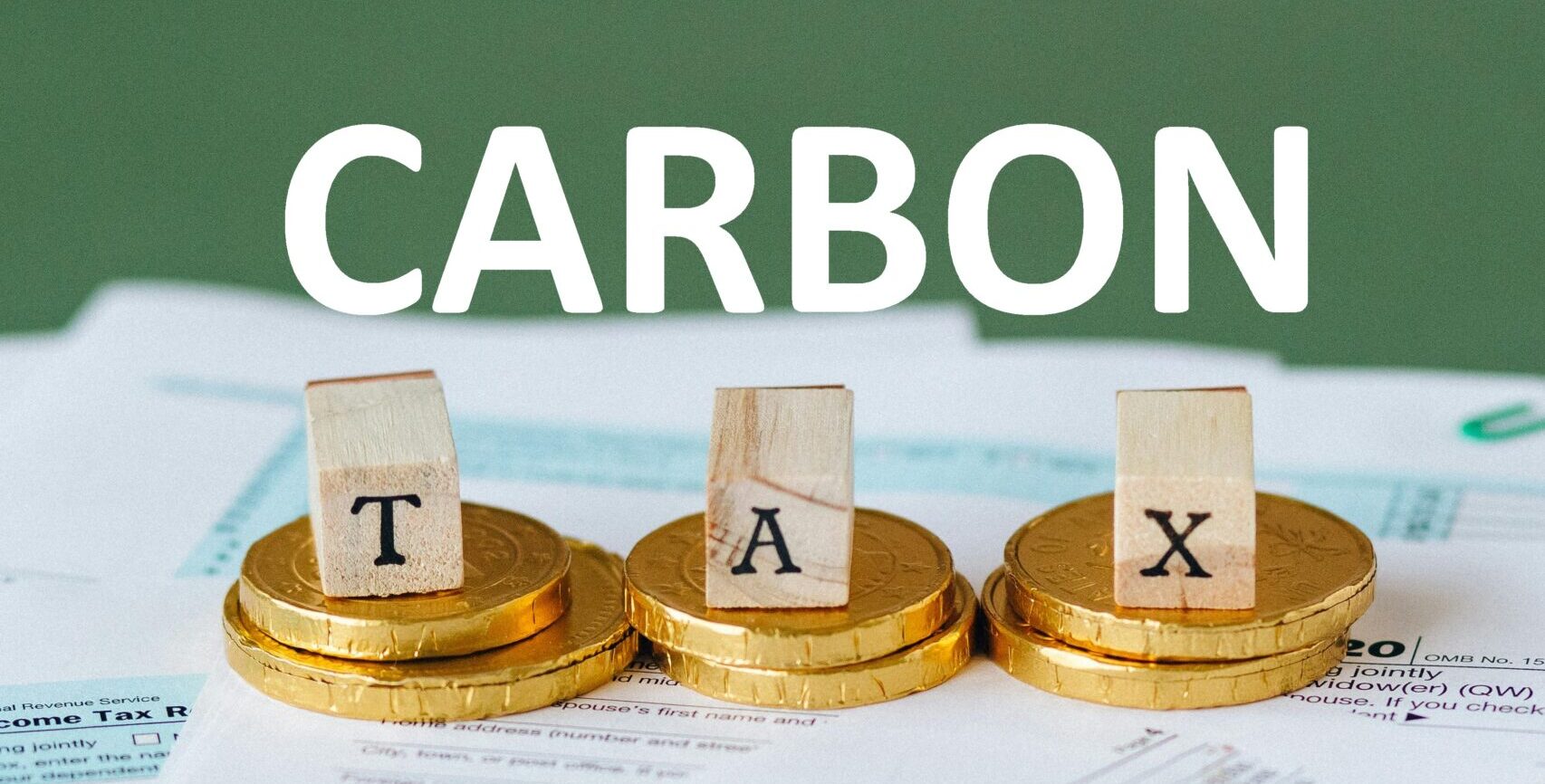As Canadians grapple with rising debt, inflation, and the ever-increasing cost of living, another contentious issue has emerged on the forefront of financial discussions: the carbon tax. Touted as a solution to combat climate change, the carbon tax has sparked debates across the political spectrum, leaving many Canadians puzzled about its implications on their wallets and the environment.
At its essence, the carbon tax serves as a pricing mechanism aimed at curbing greenhouse gas emissions by levying fees on the carbon content of fossil fuels. The underlying idea is to internalize the external costs associated with carbon emissions, thus encouraging individuals and businesses to embrace cleaner, more sustainable alternatives.
However, the implementation and repercussions of the carbon tax vary across Canada’s provinces and territories. While some regions receive federal rebates to offset increased costs, others, such as British Columbia, manage their own carbon pricing systems, leading to disparities in its impact on citizens. This lack of uniformity fuels confusion and frustration among taxpayers, who question the fairness and efficacy of these policies.
A central point of contention revolves around the carbon tax’s effect on everyday expenses, particularly fuel prices. Critics argue that raising energy costs will inevitably drive up prices for goods and services, disproportionately burdening low and middle-income families already grappling with financial strain. Concerns also linger regarding potential job losses in industries heavily reliant on fossil fuels, further complicating the debate.
Moreover, against the backdrop of a doubling federal debt from $619.3 billion in 2015-16, the first year of Trudeau’s government, to $1.2 trillion last year, and an expected climb to $1.4 trillion by 2028-29, Canadians are understandably concerned about the economic implications of additional taxation.
The carbon pricing plan, currently set at $65 a tonne, will rise to $80 a tonne, with annual increases planned until it reaches $170 a tonne by 2030. At the pumps, this hike will add roughly three cents per litre to the cost of gas.
Interestingly, while Liberal and NDP officials support the federal government’s carbon tax, they’ve criticized the proposed tax increase by the conservative Alberta government. This discrepancy highlights how political perspectives can influence our interpretations. In Alberta specifically, both the federal carbon tax and the provincial gas tax are scheduled to increase on April 1st. It’s worth noting that the Alberta government previously repealed the carbon tax with The Alberta Carbon Tax Repeal Act (Bill 1), enacted on May 30, 2019, aiming to alleviate financial pressures on families, businesses, and non-profit organizations. Thus far, it has had a positive impact on Albertans. Criticizing the Alberta government while supporting the federal carbon tax presents a contradiction.
As the carbon tax remains a focal point in Canadian politics, it’s crucial to examine both its merits and shortcomings objectively. While proponents argue for its necessity in combating climate change, opponents raise valid concerns about its impact on affordability and competitiveness. Balancing environmental responsibility with economic viability presents a formidable challenge, necessitating careful consideration of short-term repercussions and long-term benefits.

